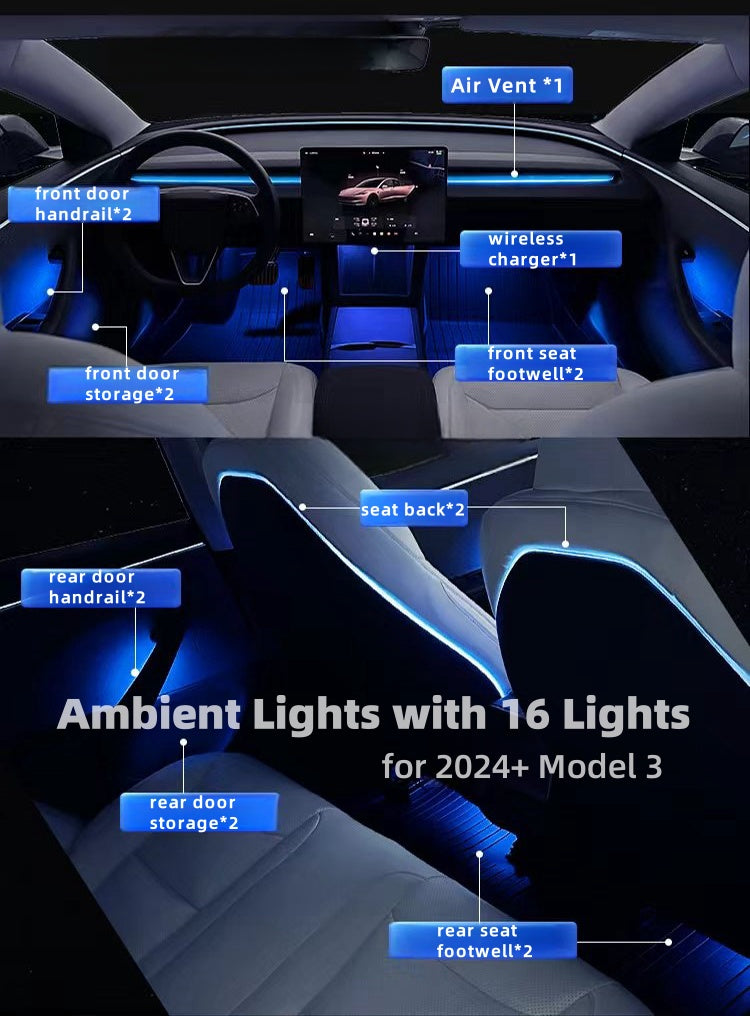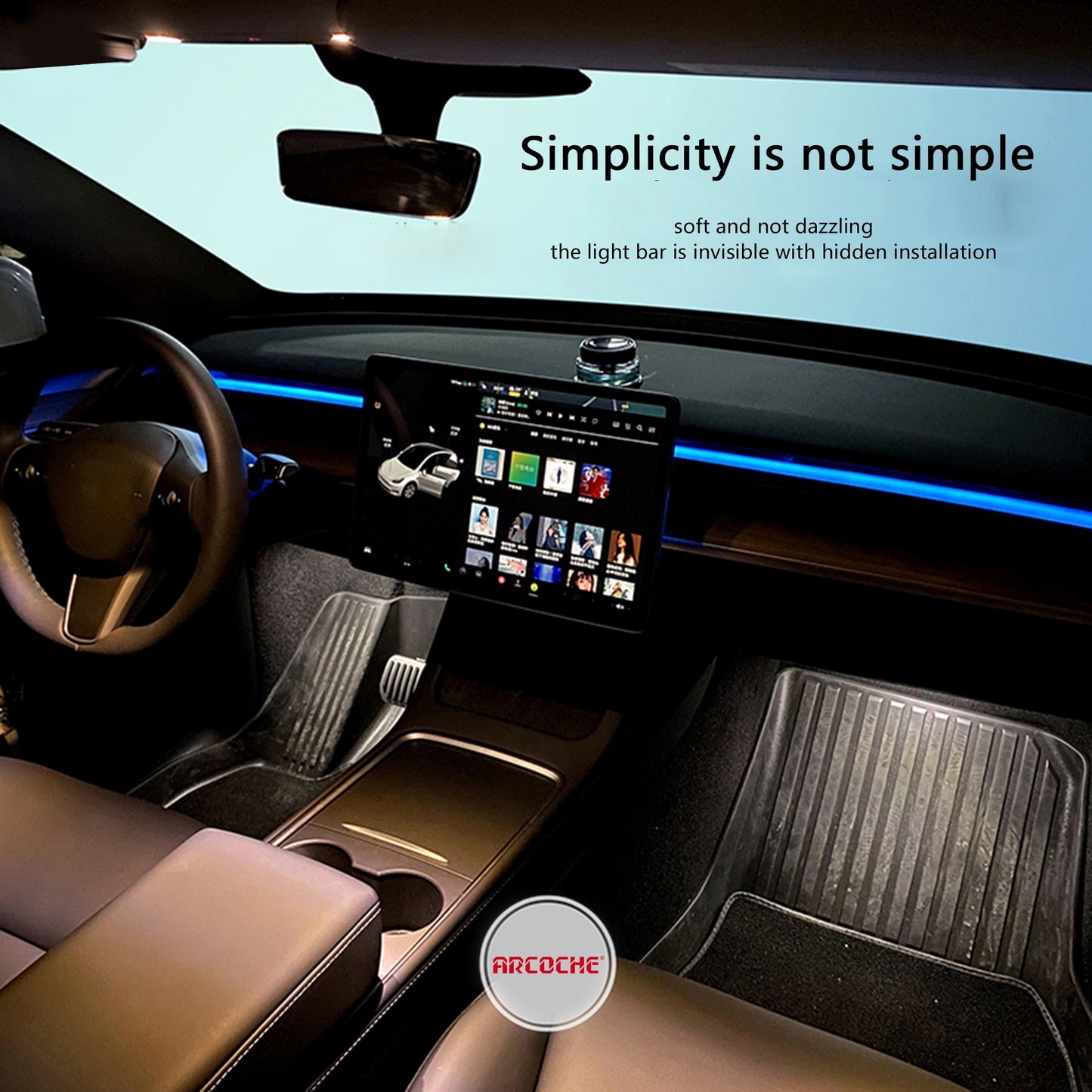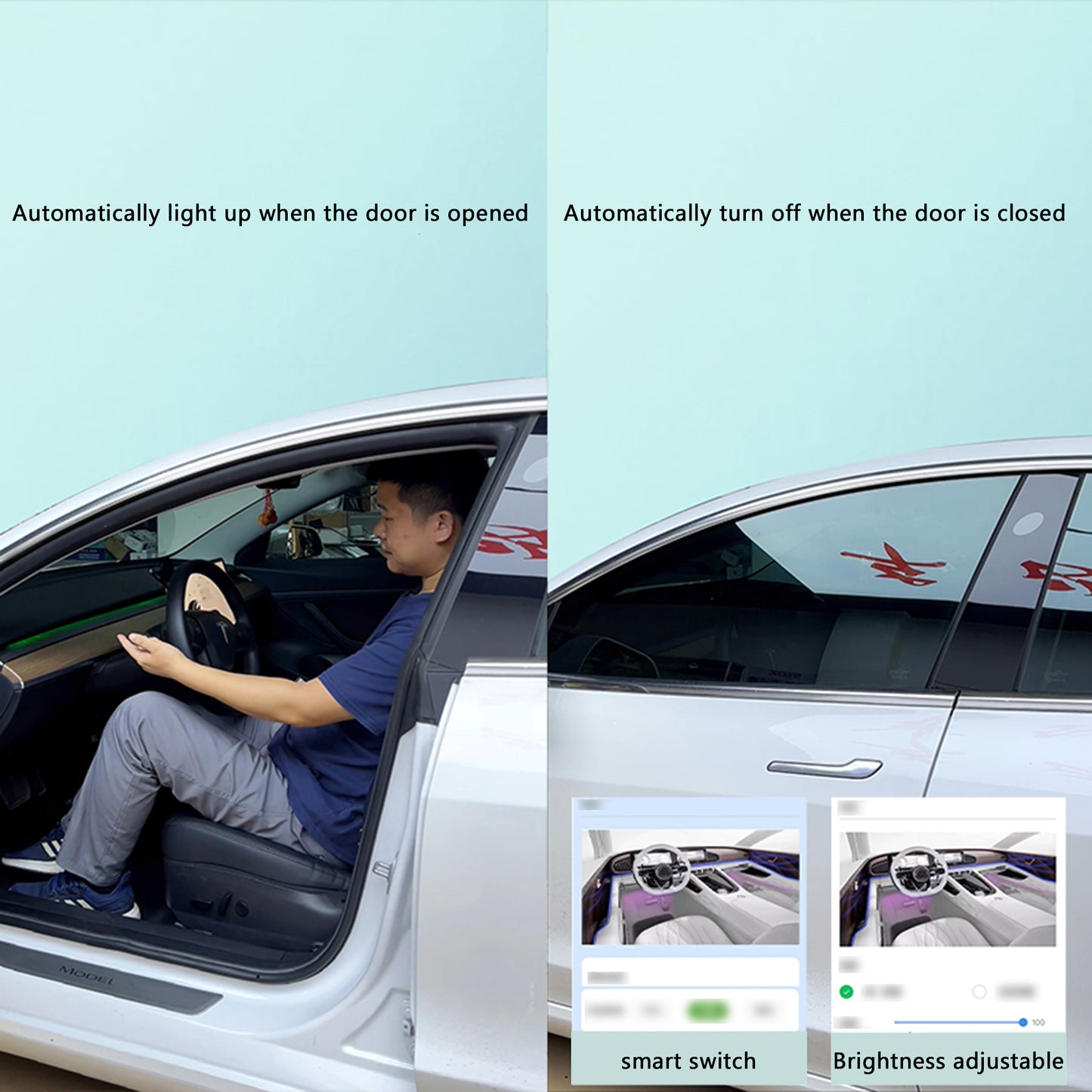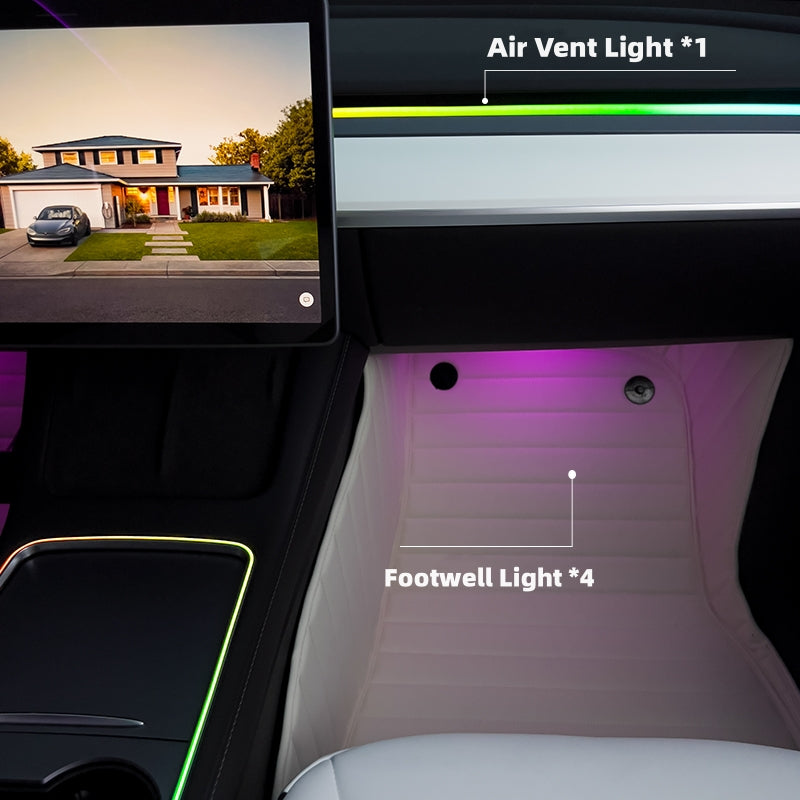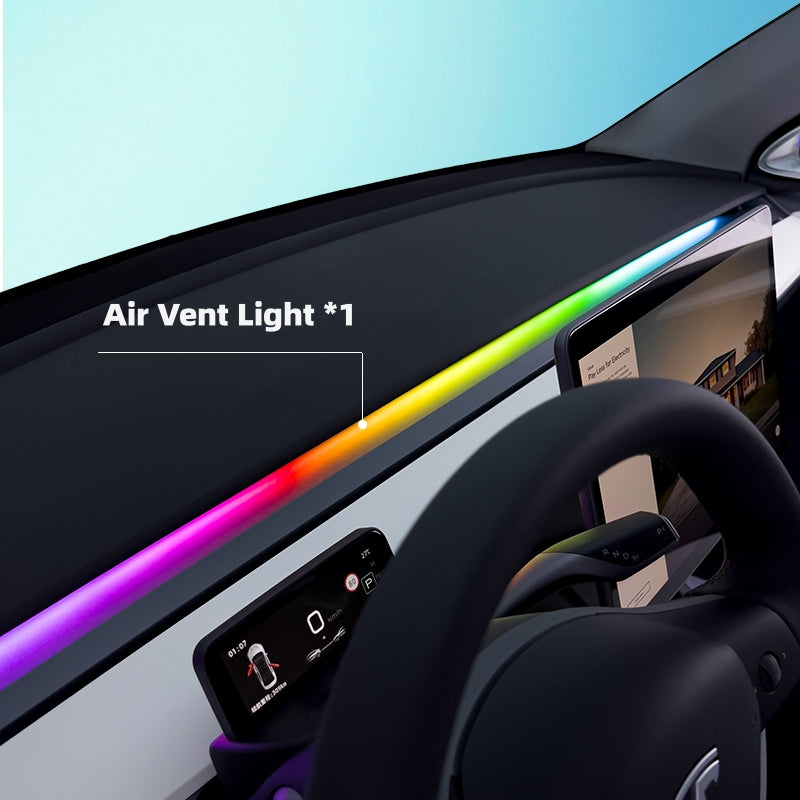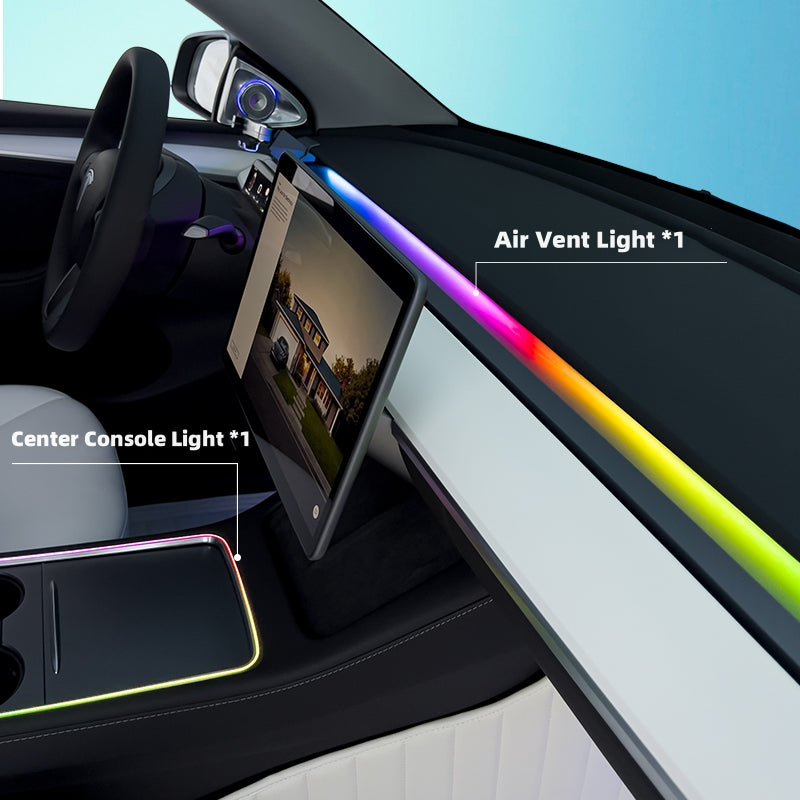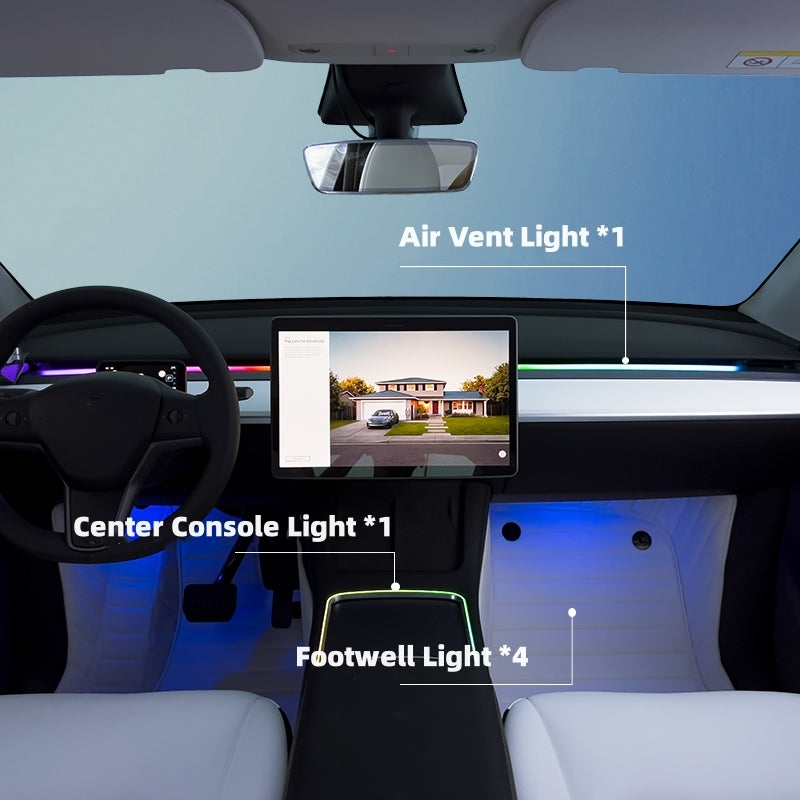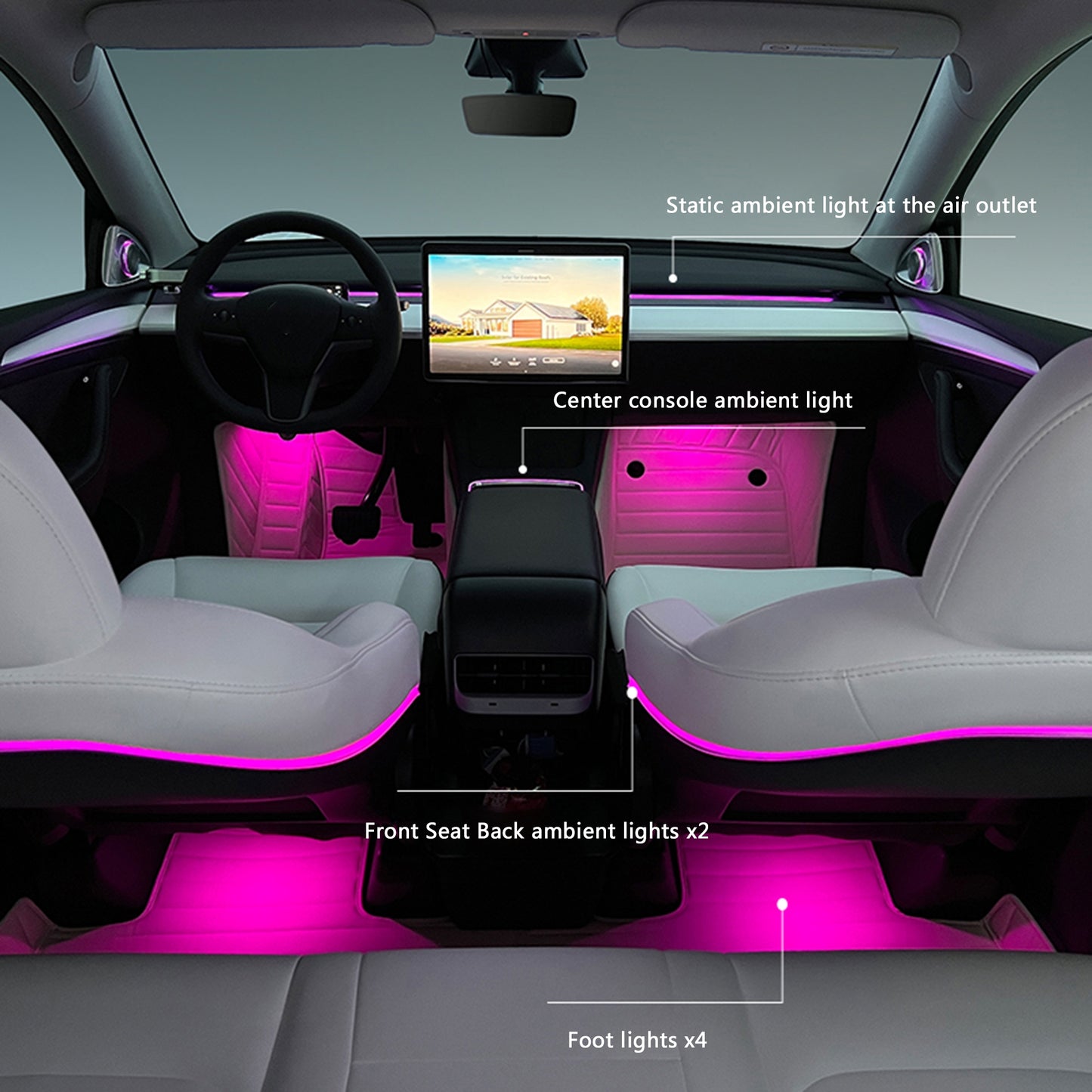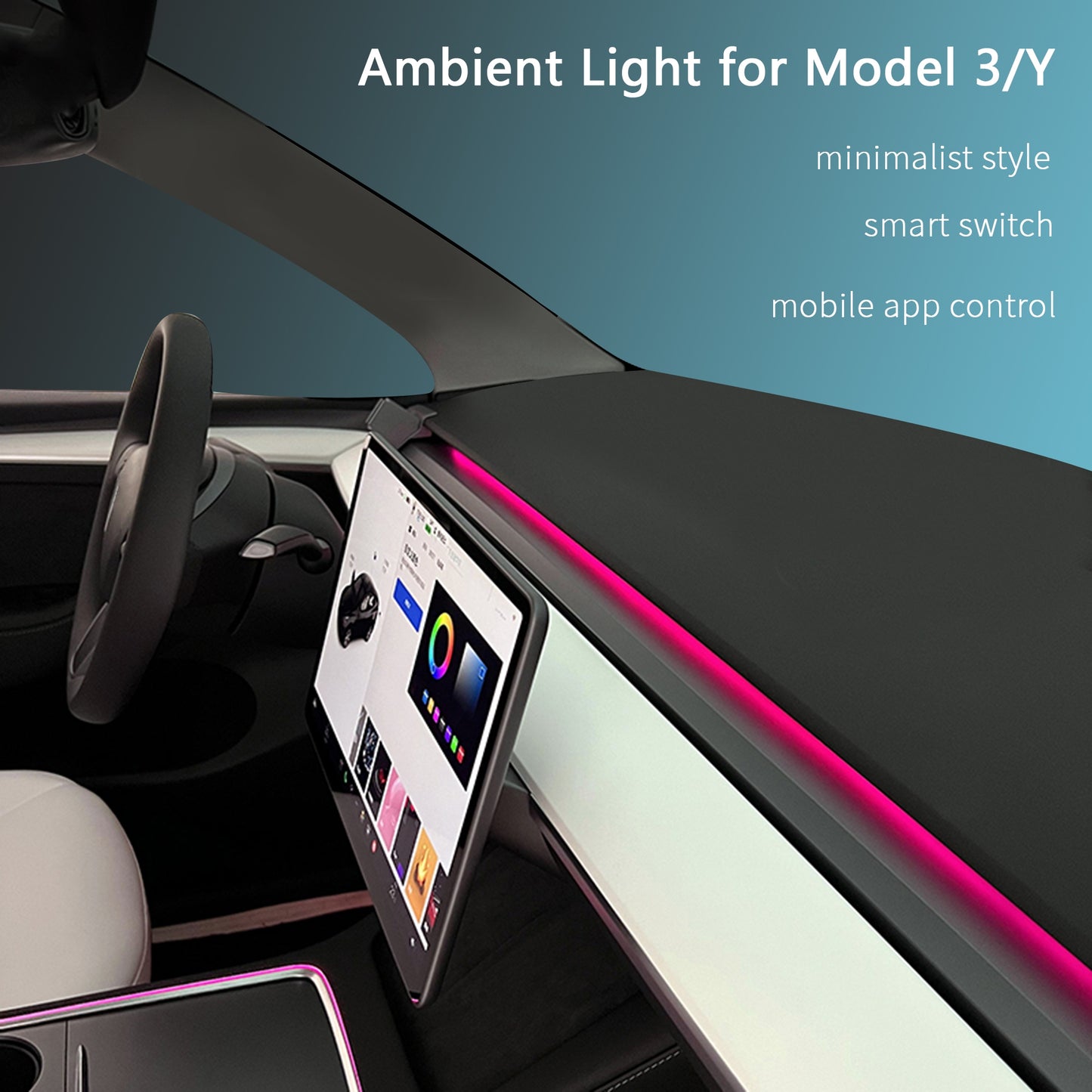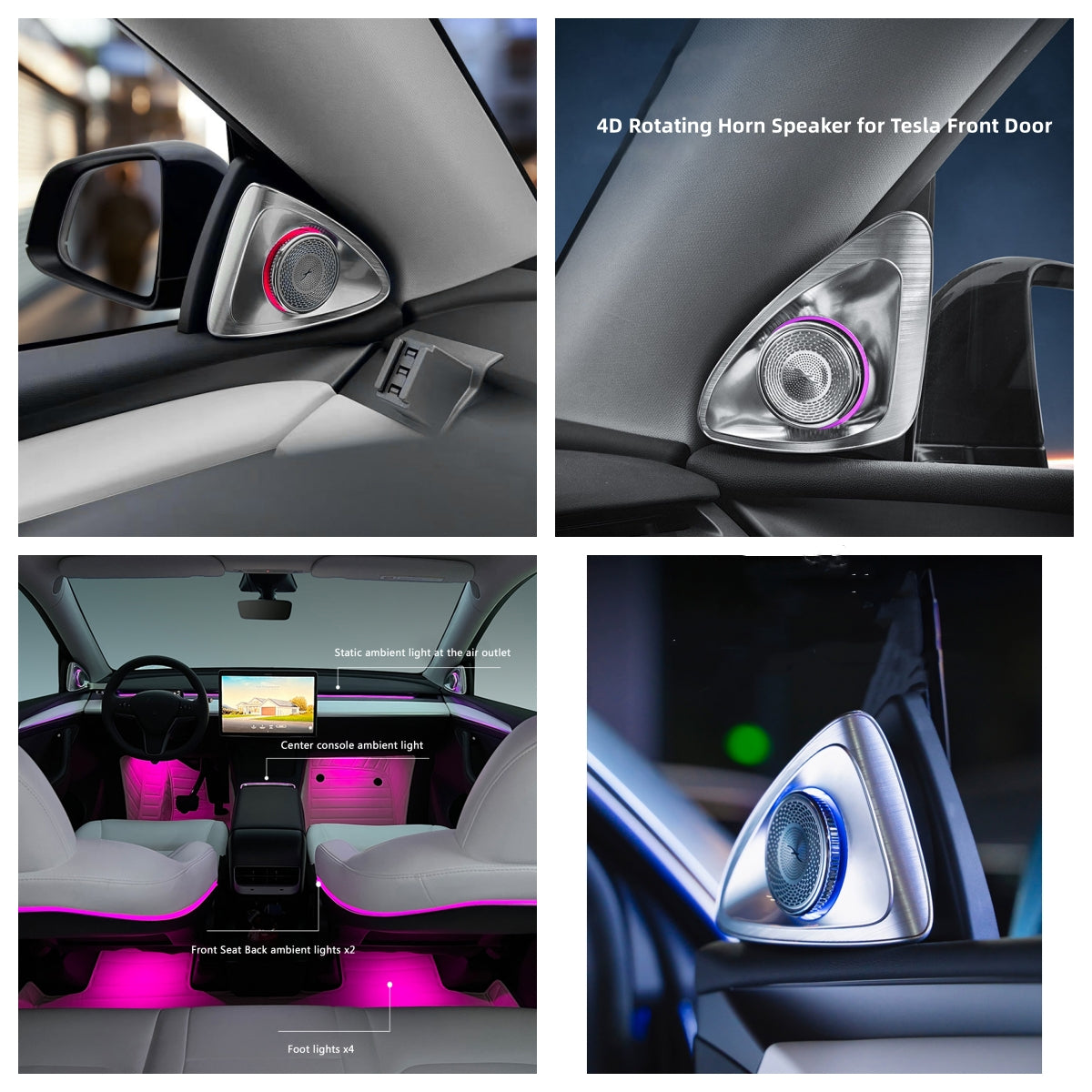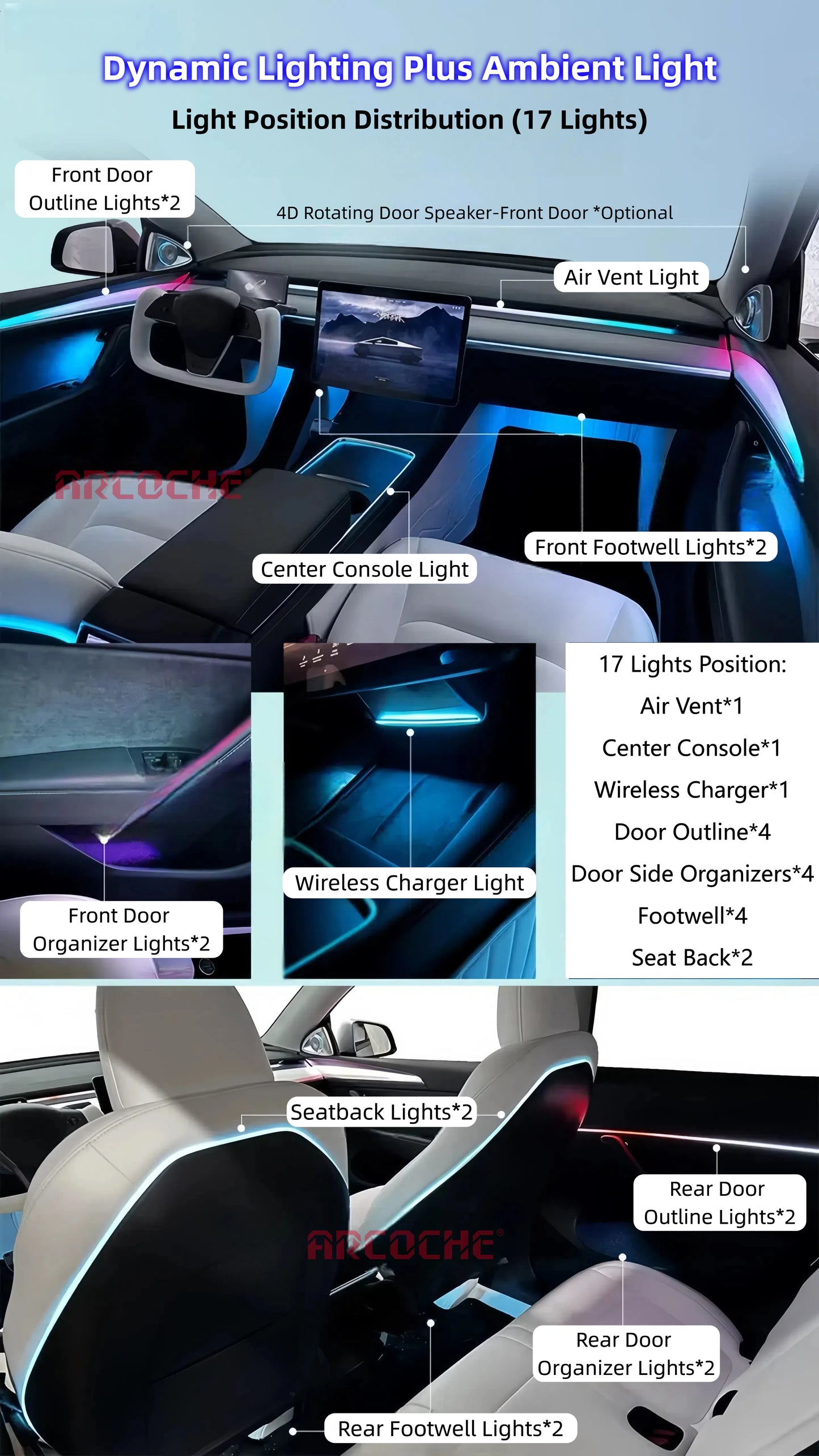
Tesla's Reduced Pricing Impacts Hertz Profits, Falling Short of Profit Projections
During the third quarter, Tesla's price reductions posed challenges for rental giant Hertz (NASDAQ: HTZ), which integrated Tesla vehicles into its fleet in 2021. The fluctuating prices had a negative impact on Hertz's Q3 financial report, causing it to fall short of profit expectations.
Hertz announced that it would slow down its adoption of electric vehicles while it focuses on cost management, as stated by CEO Stephen Scherr on Thursday, according to Bloomberg.
In 2021, Tesla and Hertz entered into a significant agreement for 100,000 vehicles, marking the commencement of a major partnership and a transformative shift in the U.S. rental industry.
Currently, Hertz has approximately 35,000 Tesla electric vehicles in its fleet, which has increased to a total of 50,000 vehicles, constituting about 11 percent of its overall fleet.
On the other hand, Tesla has been reducing prices to enhance affordability for buyers, aiming to bring some vehicles close to or even below the $30,000 price threshold after factoring in government and state incentives.
----------This article is partly excerpted from Teslarati.
While consumers are delighted with the discounts, investors in the company's stock, as well as companies like Hertz that rely on maintaining robust profit margins, are not as pleased. The resale value of Hertz's Tesla fleet has declined by roughly 30 percent, and the maintenance costs for electric vehicles have exceeded Hertz's initial projections.
Hertz still intends to acquire 100,000 Teslas and 175,000 GM electric vehicles, but it is unlikely to meet its target of having one-quarter of its rental fleet composed of electric vehicles by the end of next year. The company needs to reduce repair costs by collaborating with suppliers and wait for costs to stabilize in order to lower its acquisition expenses.
Scherr remarked, "We have an opportunity to purchase these cars now at approximately one-third less than what we initially paid for our Teslas. We are ultimately better positioned as buyers with falling prices, which will improve the margin profile on those cars."
Certainly, the reductions in electric vehicle prices were not the sole reason Hertz experienced financial strain in Q3. The cost of used cars was significantly higher a year prior, enabling Hertz to sell its vehicles for more in the used market than it would cost to purchase them new.
------This article is partly excerpted from Teslarati.



